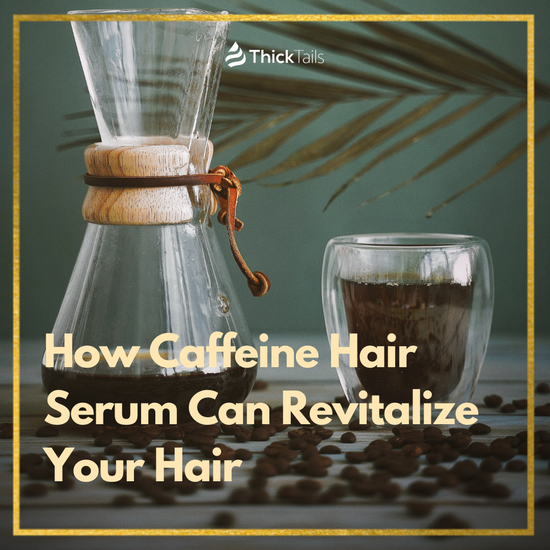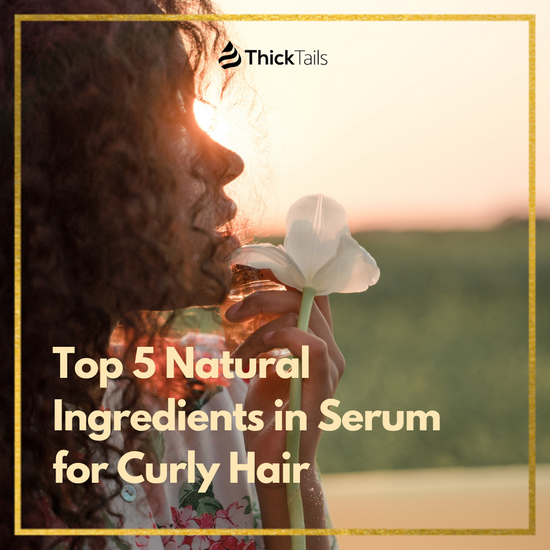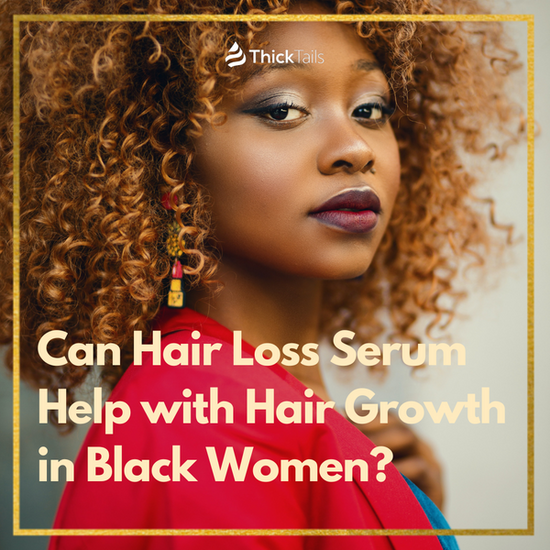If you're a woman struggling with imbalanced hormones due to menopause, postpartum recovery, or stress-related issues, then you may experience hair troubles like dryness and breakage. These common hair woes can be frustratingly difficult and time-consuming to repair. But there is hope in the form of specially designed serums that can help regenerate damaged strands while protecting them from further damage! Read on for more information about why serums are incredibly helpful in restoring luster and health to your tresses – so you can start enjoying a mane that looks its best once again.
I. Understanding Dry and Damaged Hair

Hair that is consistently dry and damaged can be difficult to manage and can even affect one's self-confidence. Understanding the causes and solutions for dry and damaged hair is key to helping restore the health of your hair. Exposure to sunlight, chlorine, and harsh chemicals can all contribute to dryness and damage. Additionally, overwashing and using heat styling tools frequently can strip hair of its natural oils and lead to breakage. To combat these issues, it is important to use nourishing hair products filled with vitamins, minerals, and essential oils. Reducing the frequency of washing your hair and using heat styling tools will also help to prevent further damage. With the right care and attention, you can revive your hair to a healthy and lustrous state.
A. Causes and Signs of Dry and Damaged Hair
Dry and damaged hair can be caused by a variety of factors, including overexposure to the sun, harsh chemicals in hair products, and excessive heat styling. Signs of damaged hair can include split ends, breakage, and a lack of shine or moisture. It's important to listen to your hair and provide it with the care it needs. This can include using gentle products, avoiding excessive heat styling, and protecting your hair from the sun. Incorporating a nourishing hair mask or oil treatment into your routine can also help restore moisture and improve the overall health of your hair. By taking care of your hair and addressing any signs of damage, you can maintain strong and healthy locks for years to come.
II. Using Hair Repair Serums

Maintaining healthy and shiny hair can feel like an uphill task in today's world. With constant exposure to pollution, harmful UV rays, and excessive heat styling, your hair can easily become damaged and dull. However, the use of hair repair serums is an effective way to combat these issues and achieve luscious locks. These serums contain ingredients that nourish and repair hair from within, leaving it looking and feeling healthy. They can help reduce split ends, tame frizz, and add shine to your hair. When using a hair repair serum, it's crucial to apply it correctly to avoid any damage. With regular use, incorporating a hair repair serum into your hair care routine can significantly improve the overall health and appearance of your hair.
A. Benefits and Choosing the Right Hair Serum
When it comes to selecting the right hair serum, there are a few key factors to consider. Firstly, you should look for one that caters to your specific needs. If you have dry or damaged hair, seek out a product with moisturizing ingredients like jojoba oil or argan oil, which can help nourish and hydrate your strands. For those with oily scalp issues, opt for serums formulated with tea tree oil or witch hazel extract as these can help balance sebum production on the scalp. In addition to choosing a serum that is tailored towards your individual hair type, you should also be mindful of the benefits they offer. Hair serums tend to provide lightweight hydration while protecting against environmental aggressors, heat styling tools, and UV damage. They can also help to add extra shine and smoothness to hair strands while minimizing frizz. When used correctly, these products can work wonders for your locks and help keep them looking healthy and vibrant.
B. Proper Serum Application and Styling
Proper serum application and styling are essential components that go hand-in-hand when it comes to maintaining healthy, beautiful hair. But exactly how much serum is too much? And where should you apply it? These are common concerns that many people face when using hair serum for the first time. The truth is, you only need a quarter-sized amount of serum to achieve the desired results. Start by applying it to the ends of your hair and work your way up towards the roots, avoiding the scalp. Once your hair is evenly coated in serum, you can begin styling it in a variety of ways. Whether you prefer a sleek and straight look or voluminous curls, serum can help you achieve the perfect hairstyle with ease. With the right techniques and a little bit of practice, you can master the art of proper serum application and styling in no time.
III. Incorporating Hair Repair Serums into Your Routine

Hair damage is a common issue that most people face these days. From chemical treatments to heat styling, our hair often gets exposed to various harsh elements, leading to breakage, frizz, and dullness. However, incorporating hair repair serums into your routine can help bring back the luster and shine of your tresses while also promoting healthy growth. Hair repair serums are packed with nourishing ingredients that penetrate deep into the hair follicles, providing essential nutrients and hydration. Regular use of these serums can reduce breakage, protect hair from external damage, and improve the overall health of your hair. Whether you have dry or oily hair, incorporating hair repair serums into your routine is a surefire way to combat hair damage and achieve healthy, shiny locks.
A. Frequency and Combination with Other Products
When using a hair serum, it is important to remember that frequency of use is key. For best results, most experts recommend using the product twice a week. This helps ensure that the hair stays well-nourished and protected from damage. If you have dry or frizzy hair, then you may want to use it more frequently in order to keep your hair looking its best. Hair serums can also be used in combination with other hair care products. For example, you may want to use a serum after conditioning and before styling. This helps lock in the moisture from the conditioner and prevent damage from heat-styling tools like hair dryers and curling irons. It can also help provide an extra layer of protection between your hair and environmental elements like the sun or wind.
B. Long-Term Benefits and Natural Alternatives
Hair serums have become increasingly popular for their ability to nourish, protect, and enhance hair. While synthetic serums offer various long-term benefits, many individuals are now seeking natural alternatives. Natural alternatives such as argan oil, derived from the kernels of the argan tree, offer a nourishing and hydrating option for hair care. Its high content of essential fatty acids, vitamin E, and antioxidants can help moisturize the hair, reduce frizz, and promote overall hair health. Other alternatives include coconut oil, jojoba oil, and aloe vera gel, which provide similar benefits while being gentle on the hair and scalp. By opting for these natural alternatives, individuals can embrace the long-term benefits of hair care while minimizing exposure to synthetic ingredients.
Learning about what causes hair to become dry and damaged and how to properly restore it can help us keep our hair looking healthy and feeling soft. Utilizing the power of hair repair serums is an excellent way to strengthen and nourish your locks – just make sure to choose the right formula for your needs! Not only do hair repair serums help protect against future damage, but they also condition and hydrate your strands. Be mindful of how often you use them though, as too much product can lead to further damage. Finally, it’s always beneficial to include natural remedies in your routine or supplement with healthy eating habits for lasting results. All in all, taking proactive steps towards improving your hair health will be worth it, now and in the long run!










